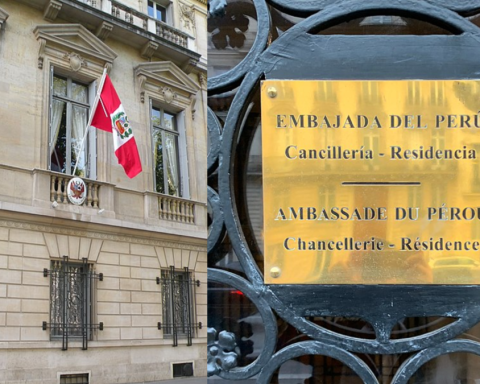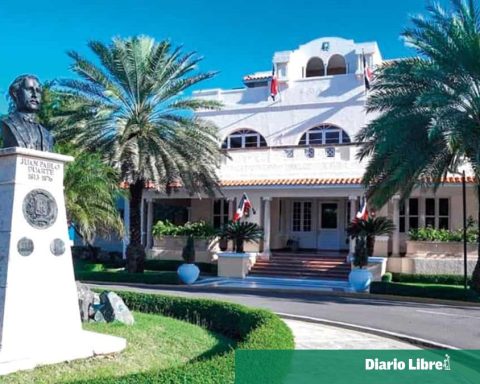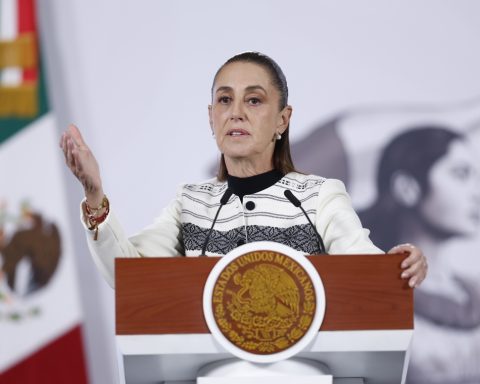Dr. Pedro Galván, Researcher categorized in the National Research Incentive Program (PRONII) of the National Council of Science and Technology (CONACYT) and advisor to the institution, won the SBEB – Boston Scientific Award for innovation in Latin American biomedical engineering 2022, for the work “Feasibility of the use of artificial intelligence for the screening of patients with COVID-19 in Paraguay”. The award was delivered on November 10 in the city of San José, Costa Rica.
In his research, Galván proposes using telemedicine tools assisted by a system of artificial intelligence (AI) through computerized axial tomography (CT) of the chest of the patient suspected of infection and, in this way, it is easier to refer patients to hospitals for the care of people with COVID-19 or to their homes to save quarantine, according to clinical picture.
This tool could also be used to monitor the evolution of patients with severe cases of the disease in localities with a lack of equipment and specialized professionals.
The World Health Organization (WHO) defines screening as “the presumed identification of a pathology not yet recognized through the application of tests, examinations or other procedures that can be carried out quickly”. Screening is not intended to replace diagnosis, but to prioritize those cases with signs and symptoms of the pathology of interest; in this way, early diagnosis and adequate treatment are facilitated, and unnecessary transfers of patients with a suspected diagnosis of coronavirus are avoided.
It may interest you: COVID cases on the rise: wave of infections is projected between December and January
“This makes it possible to reduce crowding in specialized centers and optimize the use of the limited resources available. People with a positive or suspected of coronavirus infection should be referred to a doctor for timely diagnosis and treatment”, Galván pointed out as he passed through Tribuna, Paraguay TV.
In this context, the Department of Biomedical Engineering and Imaging of the Health Sciences Research Institute of the National University of Asunción (IICS-UNA) in collaboration with the Directorate of Telemedicine and the National Institute of Respiratory and Environmental Diseases (INERAM ) of the Ministry of Public Health and Social Welfare (MSPBS) carried out the study to assess the feasibility of using the system for the rapid detection of COVID 19.
The study was carried out at 3,514 patients with a suspected diagnosis of COVID-19, in 14 hospitals nationwide. Most of the patients were between 27 and 59 years old, followed by those older than 60 years. The most frequent findings were severe pneumonia, bilateral pneumonia with pleural effusion, and bilateral pulmonary emphysema, among others.
In addition to Dr Pedro Galván, The group of researchers was made up of José Fusillo, Felipe González, Oraldo Vukujevic, Ronald Rivas, Luciano Recalde, José Ortellado, Juan Portillo, Julio Borba and Enrique Hilario.

















